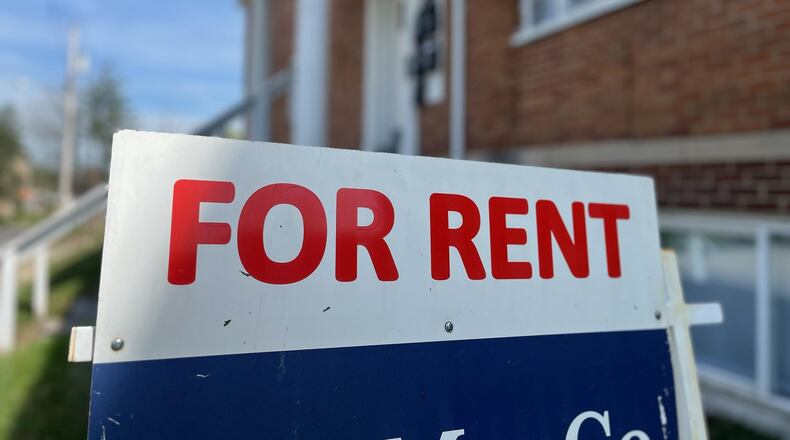The state bill is sponsored by two Democratic Ohio lawmakers who represent parts of Cleveland and Columbus, who call the refusal of landlords in some areas to accept Section vouchers “a new form of redlining.”
“Most landlords are stepping up and doing the right thing,” said Rep. Adam Miller, D-Columbus. “This bill codifies common sense — you shouldn’t be able to deny someone a home because they are getting some help. The whole movement to vouchers was aimed at inclusion and choice, and this bill ensures that outcome.”
It’s unclear if the measure has any shot of passing the Republican-controlled General Assembly.
Ohio has no statewide protections, but about 19 cities across the Buckeye State have passed source of income legislation, including Yellow Springs, Akron, Cincinnati, Cleveland Heights, Columbus and Toledo.
About 20 U.S. states and more than 125 cities and counties across the nation have source of income protections for housing voucher holders.
Greg Blatt, president of Dayton Realtors, said the best way to incentivize housing providers to accept housing vouchers would be to fix a broken system that has far too many inefficiencies and a problem-riddled process.
One of the main problems is that the required inspections do not occur in a timely manner and landlords do not receive rental income until those inspections are complete, Blatt said.
This can take six to eight months, he said, and landlords cannot wait that long.
“Rather than addressing the real issue of system inefficiencies and inadequacies in the management of the voucher program, the city chose to disincentivize investment in rental housing,” he said. “The result being that they are creating a high-risk scenario which threatens landlords ... this will likely reduce the availability of housing options in the city.”
About the Author


